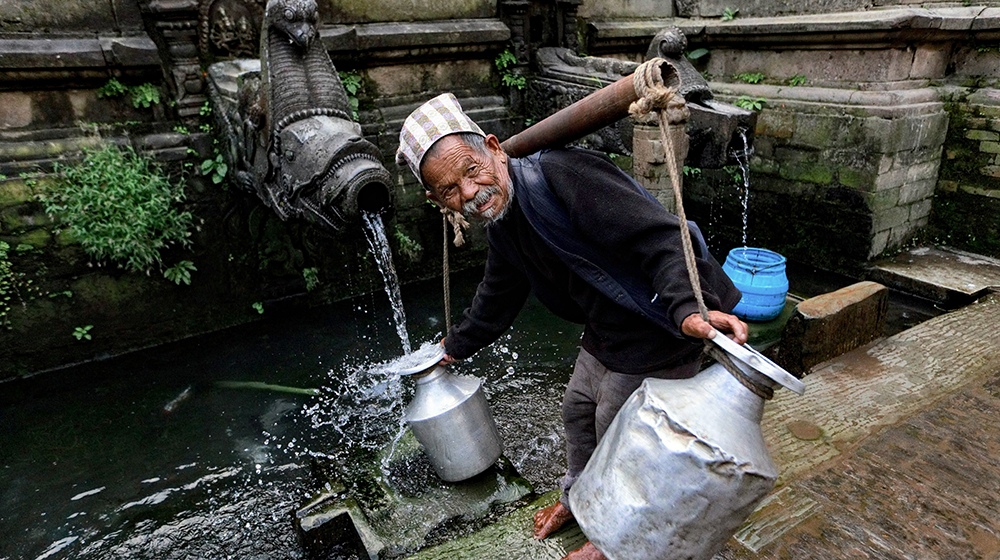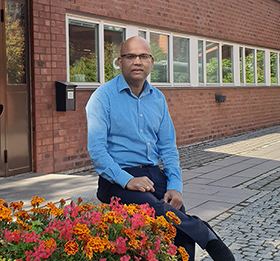The SDGs hit hard by the pandemic
…but there are also opportunities

It is not only humans who have been affected by the pandemic. So has the work on the UN's Sustainable Development Goals. But, according to a new study, there also exists a silver lining for sustainable transformation. “We should act now to capitalize the opportunities and redesign the plans for how we can achieve the SDGs“, says researcher Dilip Khatiwada.
The pandemic has been challenging in many aspects. Dilip Khatiwada , researcher at the Department of Energy Technology, is part of a study focusing on the pandemic’s impact on the UN's Sustainable Development Goals (SDGs). He says that the SDG work has lost momentum.

“Covid-19 has severely affected most SDGs in the short term in developing countries.
Education, health, inequality, and sustainable economic growth are the most serious problems. These aspects also impact other SDGs, like decent work, climate change and maintenance of ecosystem services.”
Nearly 400 researchers from various professional backgrounds have participated in the study through online surveys and workshops, using Nepal as a case study. And it’s a disheartening picture of the situation, especially for already poor and vulnerable people.
The increased economic inequalities have deepened the gaps among society's economic classes and segments. People’s health has worsened due to less mobility and activities – some have become overweight while others haven’t had sufficient to eat. Lockdowns have negatively affected maternal health services and regular vaccination programs. Discrimination against women and girls is aggravated. The lockdowns make access to financial services and market restricted or closed, making life tough on small and medium enterprises.
“And naturally, a huge amount of the budgets is diverted to cope with the pandemic, and less money are devoted for the achievement of SDGs. Urgent action to combat climate change have derailed.”
Ray of light
But, the experts also notice a ray of light in the new situation. The pandemic has opened a short-lived and narrow window of opportunity.
“The pandemic is not only a crisis but also an opportunity for dealing with the adverse challenges and risks,” Dilip says.
He mentions the digitization that has been realized in different spheres of society, like low-cost but effective online teaching and learning. Lockdowns have reduced emissions from industries and traffic with significant improvements in air quality. The cities also produce less waste.
“The public in Nepal learned to value food more. They reduced waste and started kitchen gardening. Citizens have learned to become self-sufficient in food and other imported commodities. So the pandemic has resulted in some positive outcomes for the environment and local food security. Most importantly, it has made us rethink and reflect on the current development practices and the nation’s capabilities to take action in time and cope with the consequences.“
However, the window of opportunity may become short-lived and narrow due to rebound effects.
“Now it’s time to capitalize opportunities before rebounds occur. A green and inclusive economic recovery plan can create new opportunities. And active local governments would help expand this window. But how citizens respond to the post-pandemic era will remain critical for dealing with the excessive use of resources“.
Text: Anna Gullers